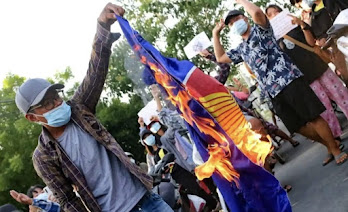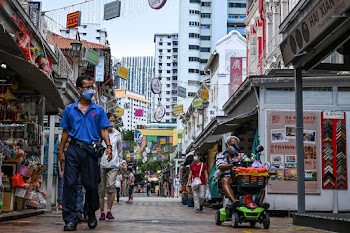After a special meeting of Malaysia’s nine royal households, King Sultan Abdullah Sultan Ahmad Shah said on June 16 that Parliament, which was effectively suspended at the beginning of the year under an emergency decree on public health grounds, should reconvene as soon as possible.
In a reproach to Prime Minister Muhyiddin Yassin’s handling of the Covid-19 pandemic, the palace called for reducing bureaucracy, speeding up the national vaccine rollout, and allowing elected lawmakers to debate emergency ordinances and the government’s coronavirus recovery plan.
Despite fewer new infections since a nationwide lockdown went into effect on June 1, Malaysia still has the highest number of Covid-19 cases per capita in Southeast Asia. The acute health crisis prompted the king to summon political party leaders for dialogue, culminating in a special meeting of the Conference of Rulers (CoR) earlier this week.
A separate statement by the CoR, a powerful but mainly ceremonial body that includes the king and eight other hereditary sultans, concluded there wasn’t sufficient cause to extend the nationwide state of emergency, which gives the premier enhanced powers to enact new laws and approve spending, beyond its original end date of August 1.
Read the full story at Asia Times.
Nile Bowie is a journalist and correspondent with the Asia Times covering current affairs in Singapore and Malaysia. He can be reached at nilebowie@gmail.com.



